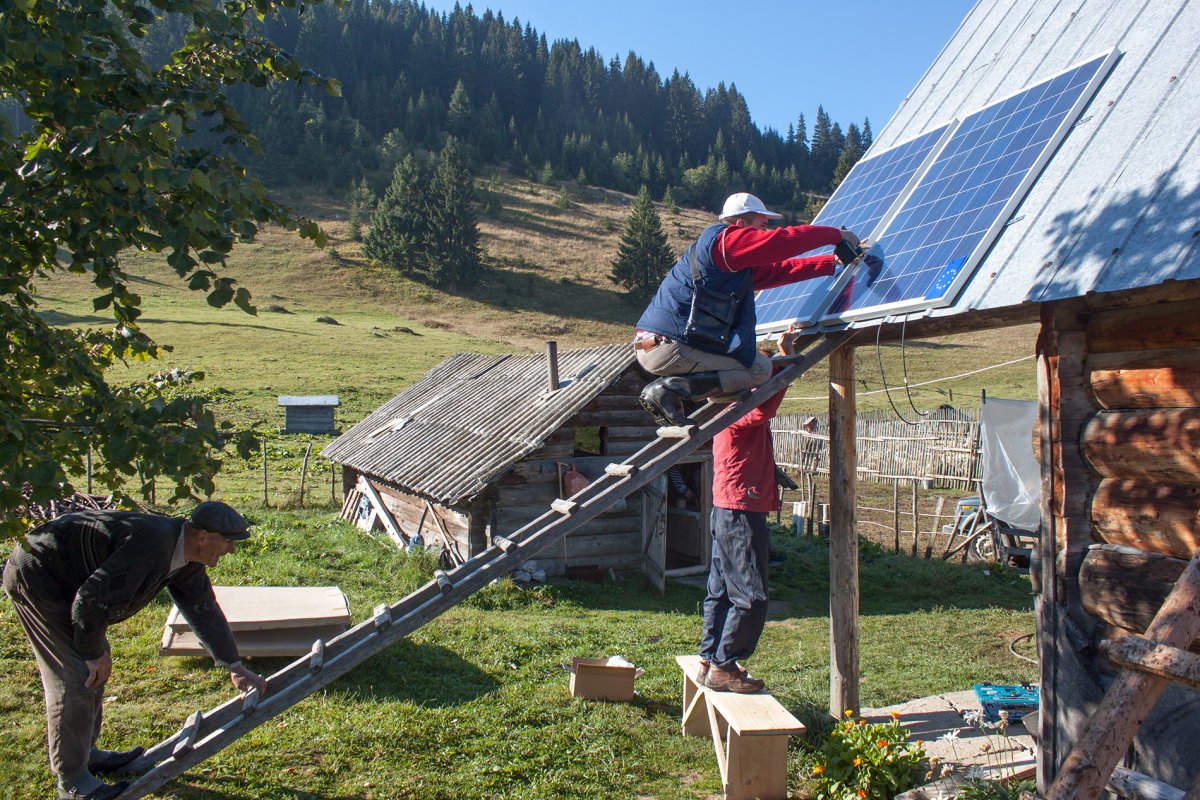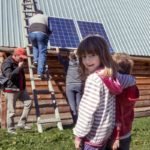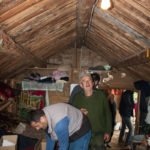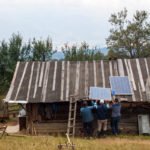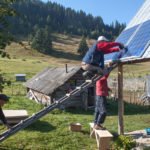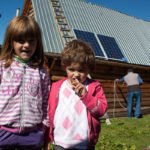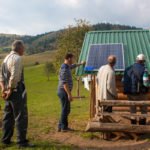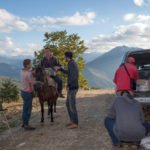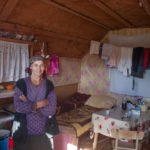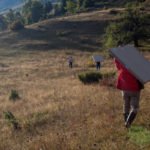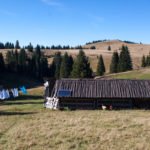Regional Development Agency for Bjelasica, Komovi and Prokletije, together with its partner, Berane Municipality, is implementing an EU funded project ‘Rural tourism for economic development of cross-border area of Kosovo and Montenegro’.
The aim of this project is to create a thematic trail connecting katuns in bordering area. Katuns are temporary farmer’s settlements high up in the mountains, where each year farmers move their cattle for pastures in summer months. Katuns have specific, traditional architecture, and are located in most attractive mountainous zones. Though they are often located near mountain trails, the locals rarely get any incomes from tourists, as they do not offer any services and are not incorporated in tourism offer of the region. This project aims to change this situation, and provide a good model that can be followed in future.
One of the key activities in this project has been dedicated to provision of solar systems to families along this trail. The reason is that majority of katuns have no electricity, and farmers live in very poor conditions, which is one of the reasons why this centuries old tradition is slowly dying in Montenegro. The goal is to improve living conditions for famers, and also create conditions for them to offer their services to others. This summer a public call has been announced and 80 families from katuns applied to participate, and 49 were approved. In total 34 smaller solar systems have been delivered and installed, and 15 larger ones for families with many family members, a lot of cattle and good preconditions for tourism services. Some of the families were located in areas so remote and inaccessible, that equipment needed to be delivered on foot or by using horses. All beneficiaries were more than satisfied. Ms. Novovic from Stit katun stated beginning of October, when equipment has been installed in her hut: ‘Who would have believed this! I have not seen a light bulb since May, when I moved to katun from my village Gornja Rzanica. We use gasoline and candles for light, and that is difficult especially when I need to make cheese, but the most difficult thing is to charge our phones so we can stay in touch with the world.’
A survey was conducted among all applicants to evaluate how much they know about EU projects and particular programs funded by EU targeting agriculture. The results of this survey show that this is the first time for 100% of the applicants to benefit from an EU funded project, while only 10% of them have had limited information of other EU projects. Most of them claim that they are not informed about how Montenegro’s accession into EU will mean for agricultural producers, and all of them state that they would like to get information about this.
Other activities in this project include setting up of rural camps in katuns, resting points, signalization along the trail, as well as capacity building and promotional activities that should ensure that potential visitors are informed about services offered in this zone. The project will be completed by July 15, 2017.


